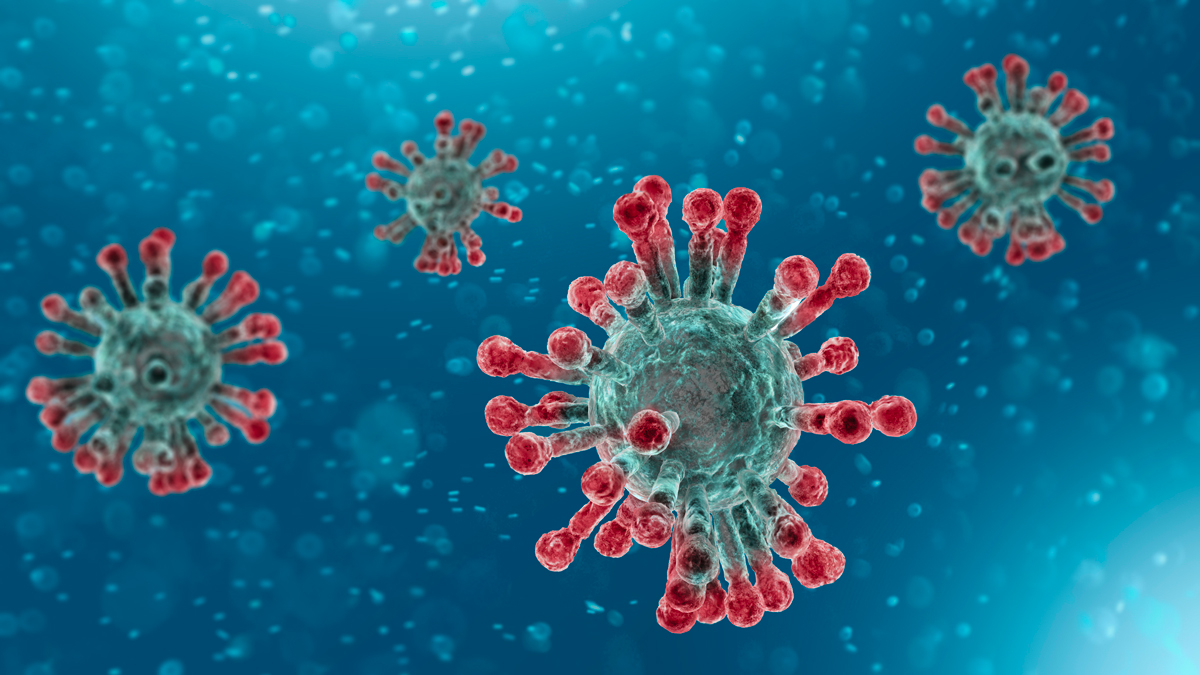Gates Foundation ramps up funding to Exscientia in COVID project

The Bill & Melinda Gates Foundation must have liked what it saw in an initial collaboration with Exscientia to find new antivirals for COVID-19 and related diseases.
Two months after providing initial funding of $1.5 million to get the ball rolling, the philanthropic organisation has now pledged $35 million in funding to a four-year project at the UK artificial intelligence-driven drug discovery company.
Exscientia is matching the funding, which takes the form of an equity investment in the company, and the Gates Foundation may also provide additional funding to the project.
The search will focus on small-molecule drugs that are less likely to have a variation in efficacy against variants of SARS-CoV-2, which causes COVID-19, and will offer greater patient access – for which read they will be easier and cheaper to produce.
The initial funding focused on a new class of small-molecule inhibitors targeting Mpro , a protease enzyme essential for the replication of the SARS-CoV-2 virus, which will now be accelerated, according to the partners.
Now, the Foundation is funding development of up to five broad-spectrum antivirals for SARS-CoV-2 as well as other coronaviruses like MERS.
Exscientia will lead the initial antiviral projects and apply its platform technology to bring the candidates through to the pre-phase 1 stage.
It will also retain worldwide rights to all developed products with "a commitment to make the antiviral products affordable and accessible to people in developing countries" – in line with the Gates Foundation's mission of saving lives in developing countries.
The project will be expanded in time to include therapeutics for influenza and paramyxoviruses, another major group of respiratory infections that includes respiratory syncytial virus (RSV) as well as Nipah virus (NIV) – which is capable of causing severe disease in both humans and animals.
Denise Barrault, director of portfolio management at Exscientia. said: "Small molecule therapeutics could provide a superior approach to guard global health. Certain targets are prevalent across families of viruses, meaning that potent therapeutics could be broadly effective across multiple virus families."
The Gates Foundation is also funding development of drug candidates for tuberculosis at Exscientia to the tune of $4.2 million.
Orally-active drugs could be used to treat less severe, non-hospitalised cases of COVID-19. The only antiviral authorised for use against SARS-CoV-2 – Gilead's Veklury (remdesivir) – is delivered as an infusion so is used only to treat severely ill patients in hospital.
Other companies are developing oral antivirals for COVID-19, notably Merck & Co and Ridgeback Biotherapeutics' molnupiravir and Pfizer's PF-07321332, which have both just moved into phase 3 testing to see if they can prevent SARS-CoV-2 infection.
Last year, Exscientia claimed a first by becoming the first company to take an AI-designed drug into the human testing stage – a candidate for obsessive-compulsive disorder partnered with Sumitomo Dainippon Pharma (DSP).
That was followed by the start of trials for a cancer immunotherapy called EXS21546 that grew out of a collaboration with Evotec, and human testing of a second DSP project – DSP-0038 for psychosis associated with Alzheimer's – in May.












